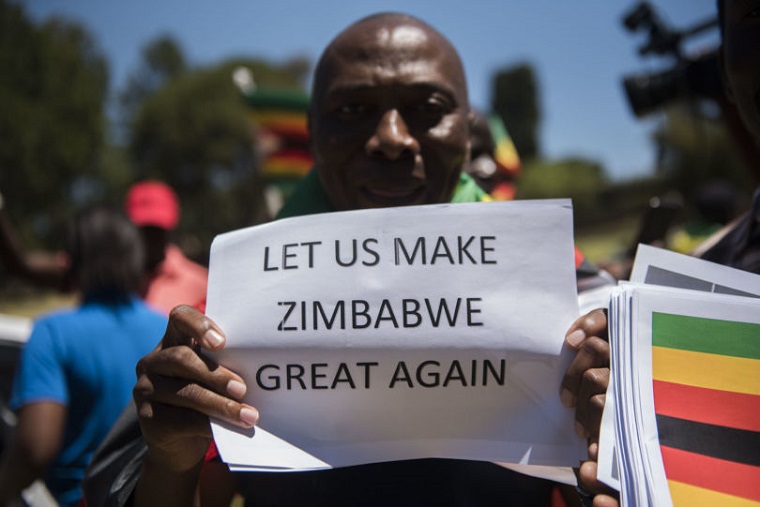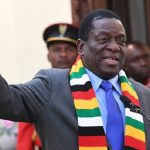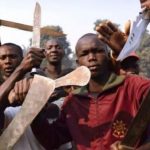Full blog:
A Crucial Decade
How much more can we take? I was talking to a Zimbabwean of Asian extraction over the break and he told me that his father came here from India in 1958. I remarked to him that we were doing pretty well then – we had peace, a rapidly growing economy, we were part of the wider world and it seemed that our politics was going in the right direction. Then the Federation broke up, the white population rejected change and the first shots with live ammunition were fired after more than 60 years of no violence. The Nationalists launched their armed struggle for change and from 1965 onwards we were increasingly isolated from the world around us.
What followed was 15 years of mandatory UN backed sanctions and an armed conflict that drew in all our neighbours and in which we killed each other with enthusiasm. The Rhodesians won all the battles and lost the war leading to 37 years of dominance by Robert Mugabe and his liberation war colleagues. They never really settled down and by 2000 we were again locked into a toxic mix of international isolation, stagnant or declining economic output and domestic conflict and violence.
International and regional intervention hardly helped but did change the course of our history at key moments – the break-up of the Federation, the intervention of the Americans in 1976, then Lancaster House and finally the Mbeki managed South African initiative that brought us 4 years of recovery and compromise from 2009 to 2013. But for the most part we mismanaged our political, economic and social situation ourselves and as a result we brought down on ourselves political instability and increasing poverty and disparity.
During the 90 years of white settler control and government the whole country worked for the welfare and interests of a small white community. After 1980 the whole country worked for a tiny minority of politically connected individuals who supported the systems that kept the Mugabe Government in power and control. All other concerns were secondary. Whatever the system, the effect was the same – the majority suffered and experienced marginalisation and poverty.
Then came November 2017, the first time we took action as a people to rid ourselves of a regime that had run out of time and space. Like the decision in 1923 when we decided to stay out of the new Union of South Africa, this event was not in any way sponsored or engineered by outside forces and for the first time found almost universal support among all Zimbabweans. It was assisted by the Military who overnight became heroes of the people. However, it did not change the centre of real power which had become the small group of people who ran the Joint Operations Command under the leadership of Mr. Mnangagwa and General Chiwenga.
The first post November Government was drawn from this group and was dominated by elements linked to the Military. Then the elections in 2018 when Zanu PF engineered a convincing victory with three quarters of all Council seats and two thirds of the Parliament. Mr. Mnangagwa could then claim, for the first time, to be the legitimate leader of Government, even though his victory was with a tiny majority. It was only at that moment that we saw a new dispensation of sorts emerge in the form of the first really Mnangagwa controlled Cabinet.
Continued next page
(158 VIEWS)



I think its time we don’t listen to Eddie Cross, he is tired and old. His analysis of issues is now biased. How can you say Zimbabwe did well in 2019, that old man is now going mad with old age.